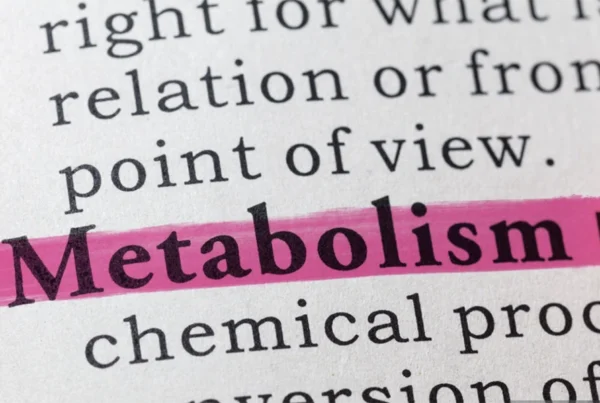Importance of balancing hormones to human health One of these is prolactin, which is an important hormone for functions including lactation and for regulating the immune system. Knowledge of how diet and supplements work together to increase the prolactin function can provide advantages to overall health. In this exploration, we dive into nutrition and supplements, as together they affect prolactin levels.
The Prolactin Connection: Why It Matters
Prolactin is secreted by the pituitary gland and has numerous functions in the body. Increasing output could be beneficial for those with its deficiency. Prolactin is most commonly known for producing milk at the end of pregnancy, but it also affects metabolism, reproductive health, and mental health. Having a good amount of this hormone is good for physical and emotional well-being.
The Power of Nutrition
Nutrition has a major effect on hormone secretion. A diverse diet rich in the nutrients you need is key for keeping your hormones balanced. Some foods help to naturally increase prolactin levels. Whole grains, seeds, and nuts supply vital vitamins and minerals essential for hormone regulation. Adding these to a daily diet may promote proper hormone function. Foods that are high in vitamin B6, such as bananas, avocados, and spinach, may improve prolactin secretion. This vitamin is a regulator of dopamine, which regulates prolactin secretion. Eating more foods that help with zinc and magnesium in the body will also make hormones more and more in balance.
Supplements as Allies
A wholesome diet meets most of your nutritional requirements, and supplements help bridge the gap. Supplement Support for Those Attempting to Increase Prolactin Fenugreek is a well-known herb that has historically been taken to promote milk supply and that may be effective in raising prolactin levels. Another potentially beneficial supplement is Chasteberry. Chasteberry has a reputation for balancing hormones, and it may support the production of prolactin. That said, it is recommended to speak to a healthcare provider before adding new supplements to a regimen.
Combination of Dietary Sources and Supplementation
The synergistic action of diet and supplements to increase prolactin gives a richer impact on the hormone levels. While a balanced diet lays the groundwork, supplements may serve as support when needed. Those who want to improve prolactin production should ensure that the supplement is part of a good diet rich in nutrients. A more practical way is to create a meal plan that mixes these foods that are known to alleviate prolactin. Eating plenty of leafy greens, lean proteins, and healthy fats helps provide essential nutrients. Supplements, when appropriate, can also amplify the effect that dietary selection has on hormones.
Lifestyle Factors
In addition to diet and supplements, we also have to mention lifestyle influences on prolactin levels. Two major factors regarding balancing hormones are stress management and proper rest. Prolactin production can be inhibited by excessive stress, and both these factors can helped by promoting rest as well as overall endocrine function. Physical activity is also key in hormonal wellness. Exercise alleviates stress and contributes to healthy hormone levels. Maintaining optimal prolactin levels is possible via a balanced diet, functional foods, dietary supplements, and lifestyle habits.
Potential Considerations
Keep in mind that we want to increase prolactin, but we also want to avoid any adverse effects. High levels of prolactin can cause various health issues, including disrupted menstrual cycles and mood disorders. However, by checking hormone levels and staying in touch with doctors, it is possible to maintain a balance and avoid issues. Results may vary for each individual in relation to dietary changes taken and supplements. Strategies tailored to their personal needs are a much, much more effective means to achieving hormonal health. Responding when the body says it needs food is a lifelong choice.
Conclusion
The interplay between diet and supplements is something that can really give us excellent insight into prolactin production. The basis for hormone health is a nutrient-rich diet, and supplements can help where diet falters. With lifestyle adjustments and constant precaution for possible side effects, most people may be able to attain balanced hormones. So, in the end, with the right choices, you are able to take control of your health, which means better health for yourself. Healthy prolactin, with careful diet and supplementation, will help you on your way to a healthier, happier life.







